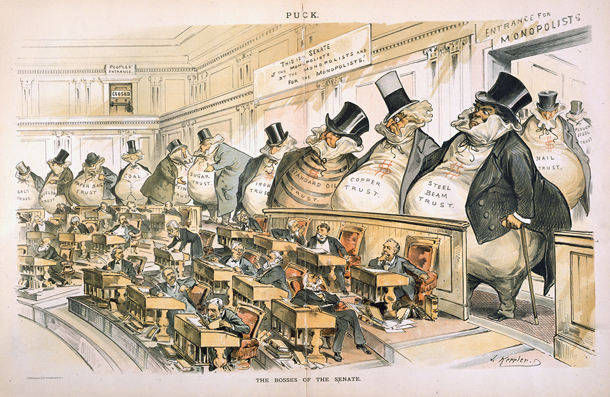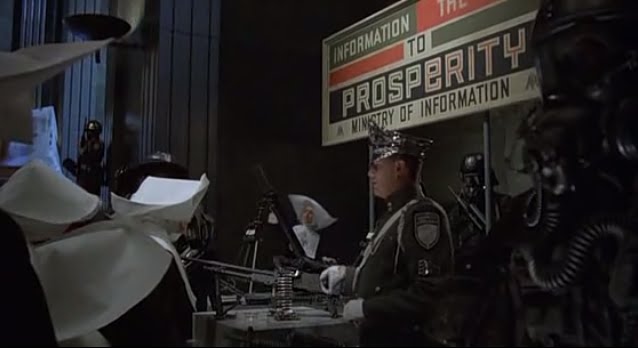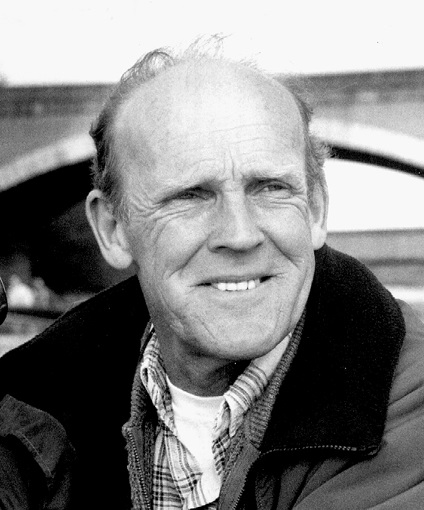
Hello all. So after a month or so of significant work — hence, the relative quiet around these parts of late — I have followed up on my earlier promise/threat and transformed all 1200+ pages of my dissertation into Uphill All the Way, the online edition.
The text was actually already available online in PDF form through Columbia’s Academic Commons, which is one of the reasons I thought converting it for better HTML presentation was a good idea. Now, hopefully, one can peruse the chapters more easily (or someone can skip around to the parts they are interested in.)
I don’t know if this is reassuring or depressing, but reading through it all again over the past month and change, I was once again struck by how much of this story resonates with recent events. Long before the disappointment of the current administration, ostensible progressive Woodrow Wilson had cracked down on civil liberties and broken the heart of the world at Versailles. Before Bradley Manning and Edward Snowden, there was Eugene Debs and Sacco and Vanzetti. Before Austerity, there was Coolidge “Parsimony”. Before Katrina, the Great Mississippi Flood. Before Holder, Palmer. Before today’s continuing fight over evolution, Scopes. Before the recent news of forced sterilizations in California prisons, breaking just this past weekend, there was Buck v. Bell.
Instead of the Tea Party, there were 100% Americans and an Invisible Empire. Instead of fretting about “Obamacare” and “Kenyan Socialists,” conservatives rallied against the Sheppard-Towner Act and a Catholic in the White House. Instead of a War on Drugs, there was a Noble Experiment.
Then as now, civil liberties, corporate corruption, and immigration reform were major issues of the day. Then as now, the Supreme Court was a roadblock to positive change. Then as now, a culture of prosperity masked inequality and deep injustices in American life, and an ascendant business class aimed to leverage its considerable political influence to stamp out workers’ right to organize.
In the 1920s just as much as the 2010’s, progressives struggled to organize in opposition, and began to seriously question the two-party system. Then as now, many lost heart in the possibility of change. And, then as now, the push to make a more just and progressive America was, as always, Uphill all the Way.
Enjoy!







